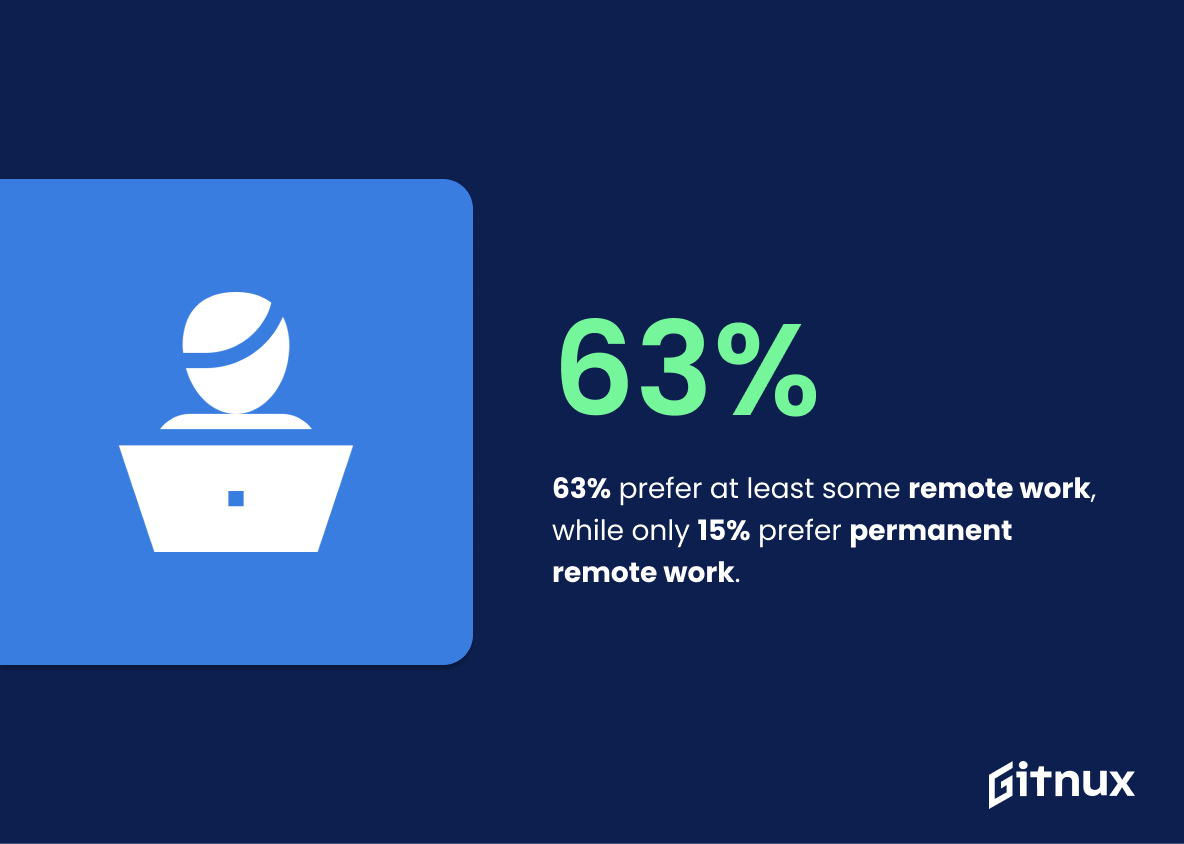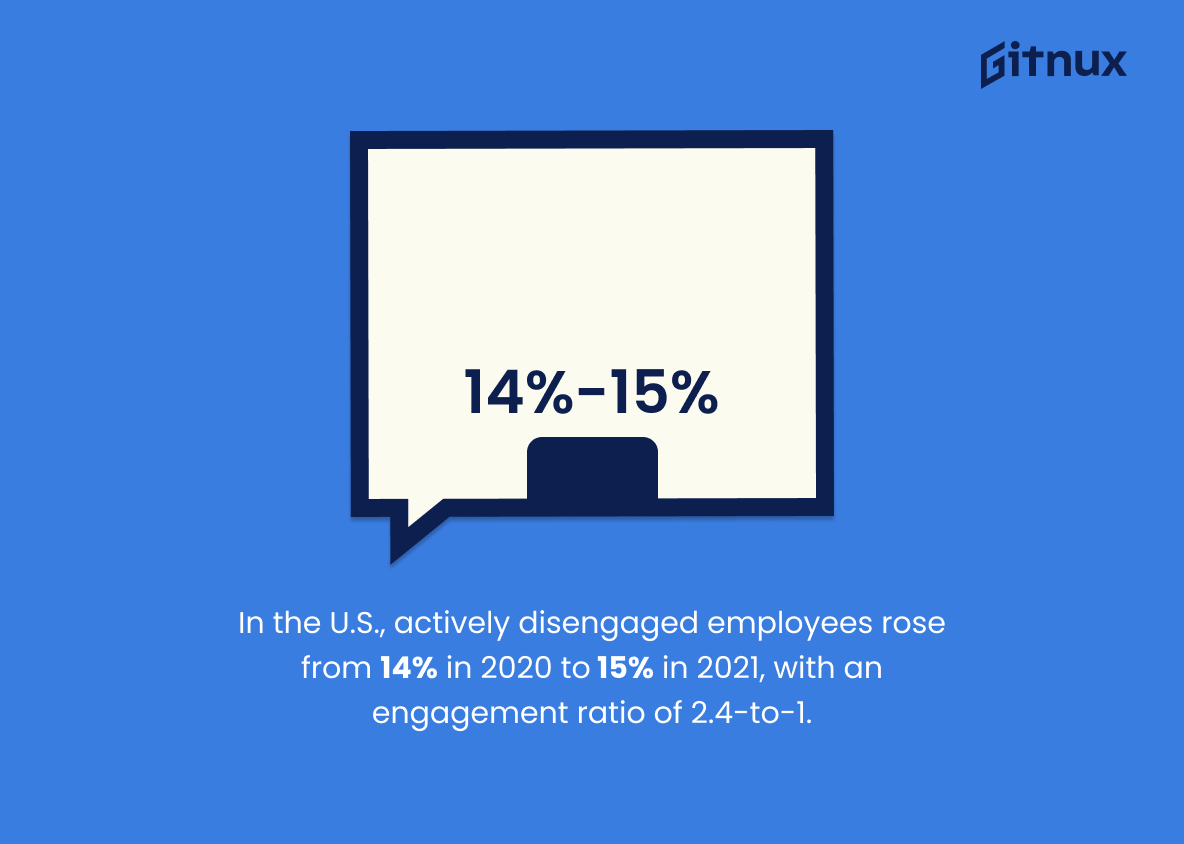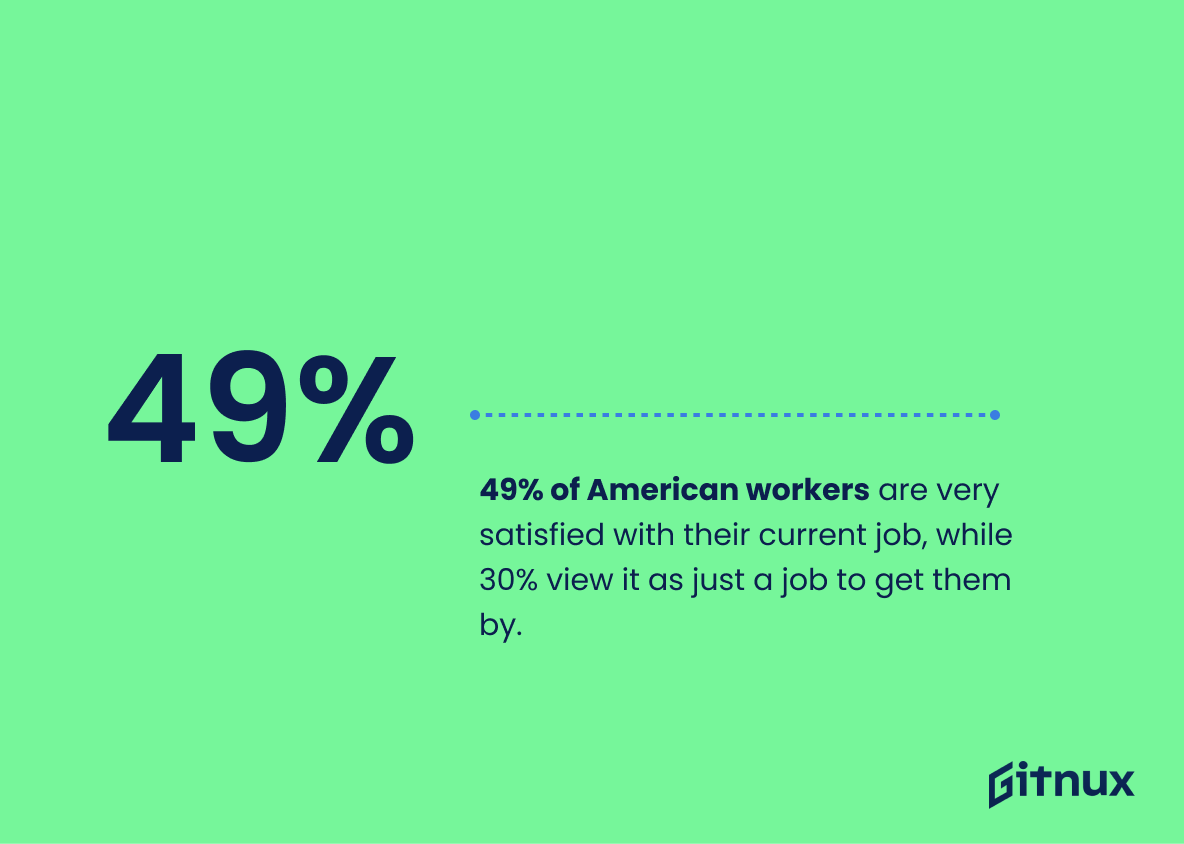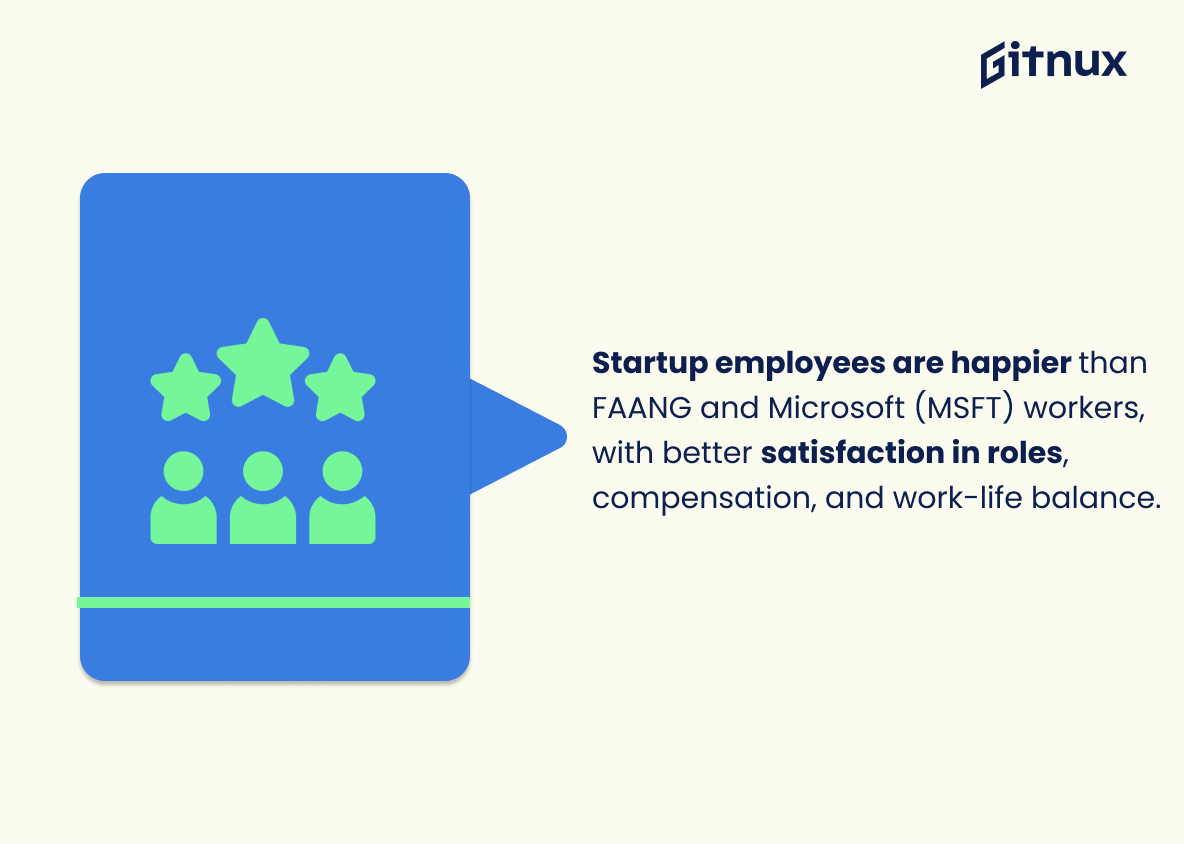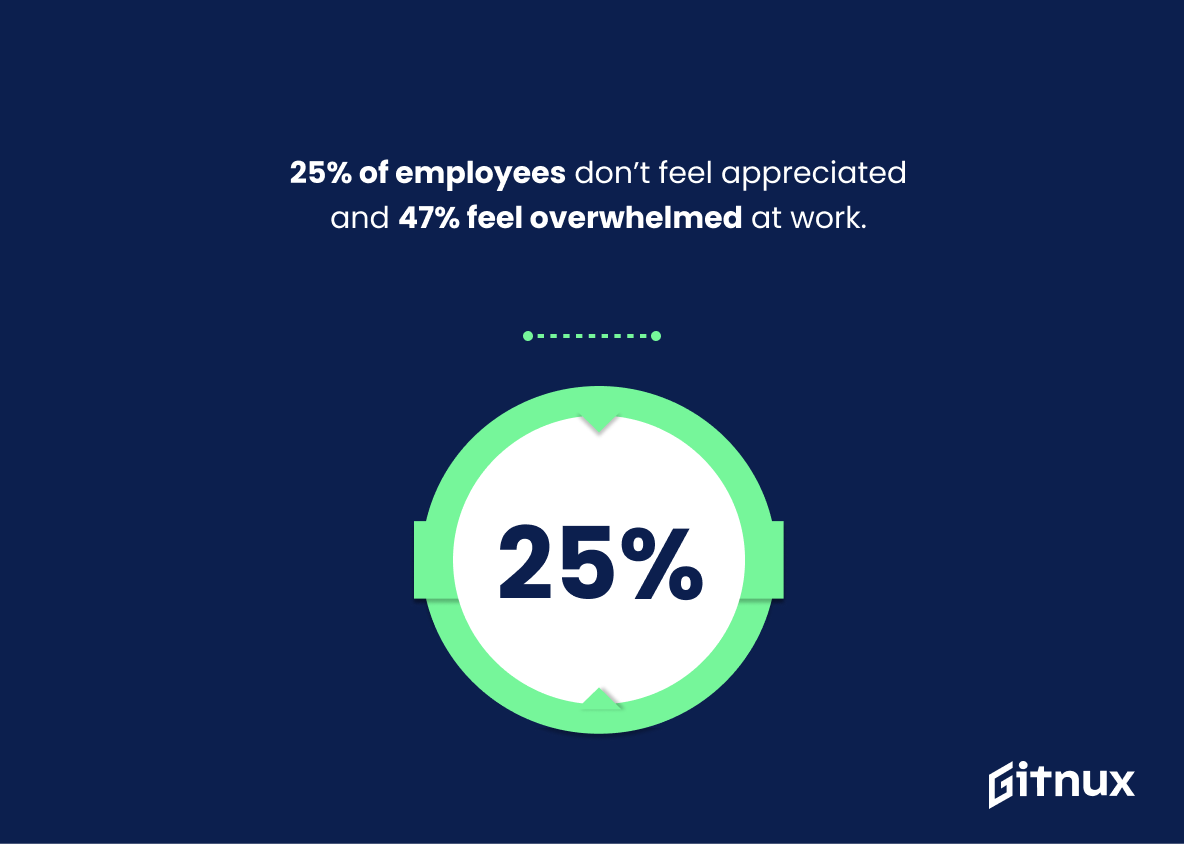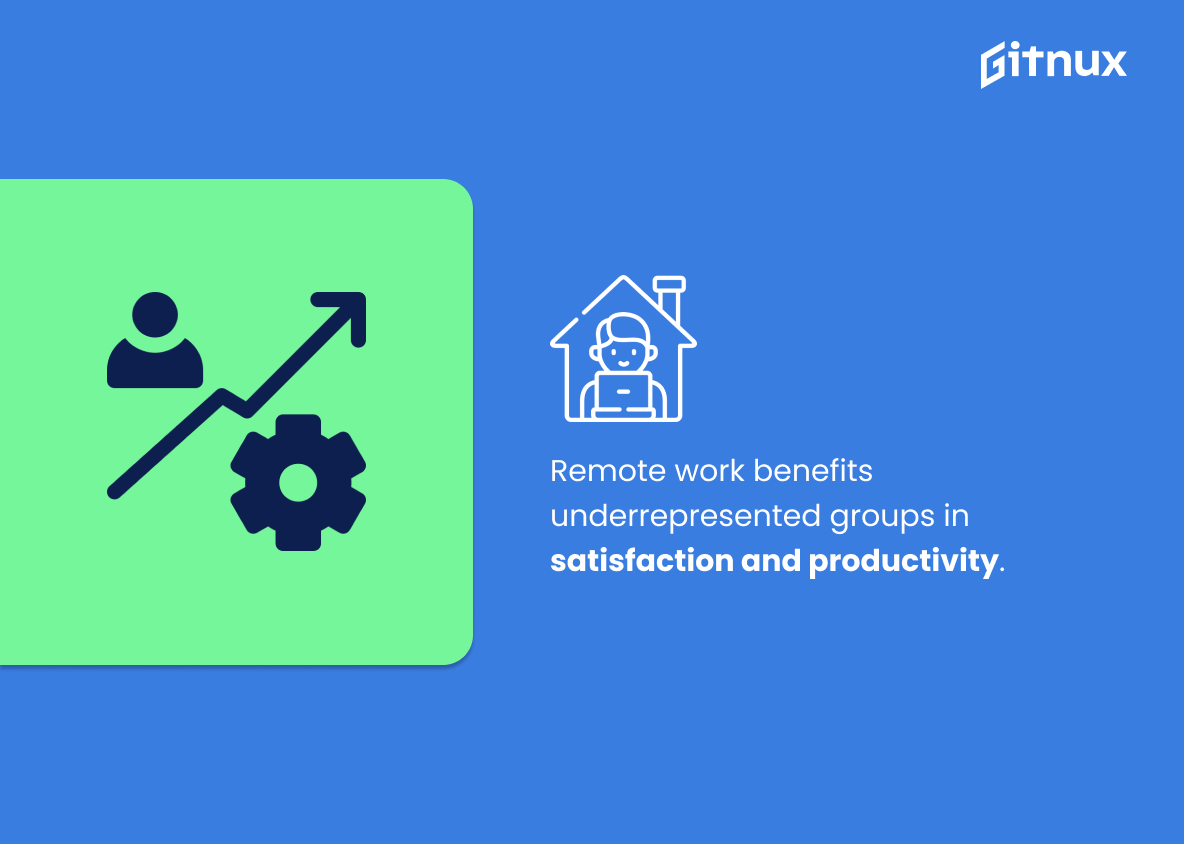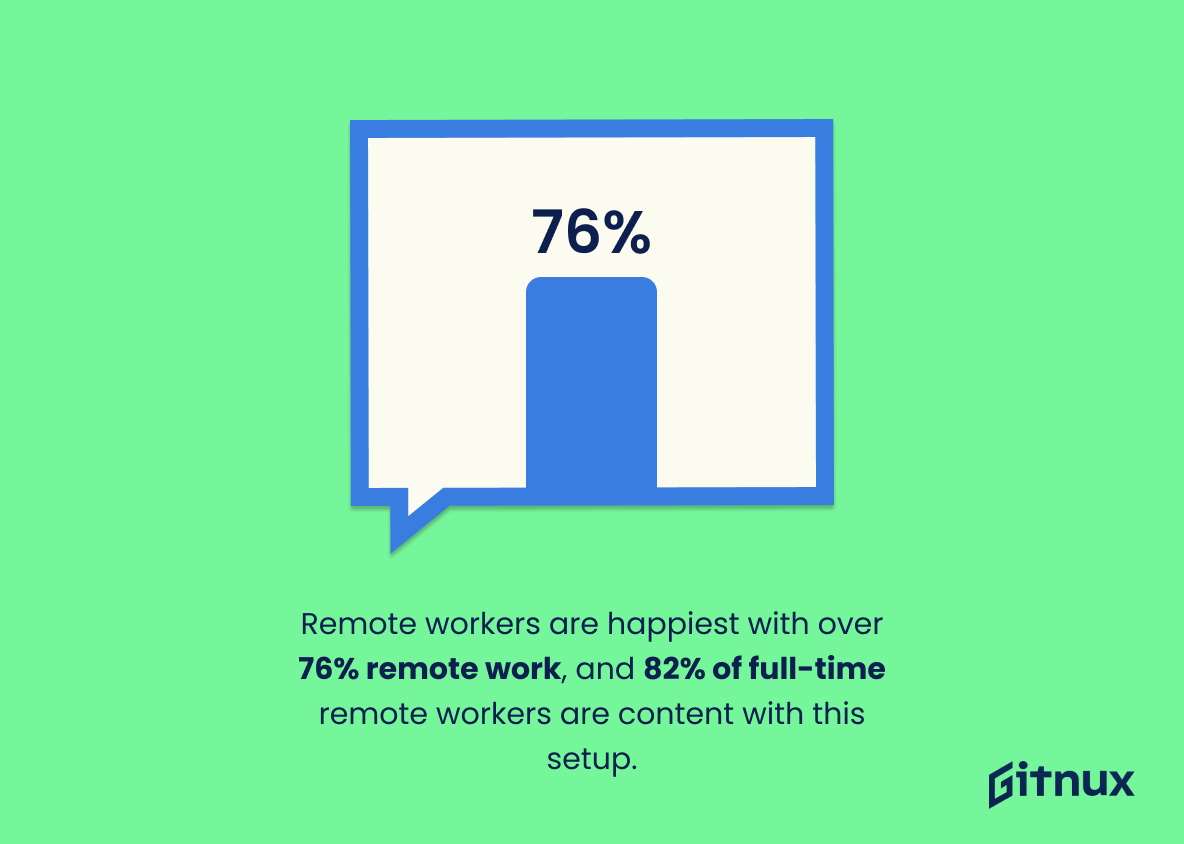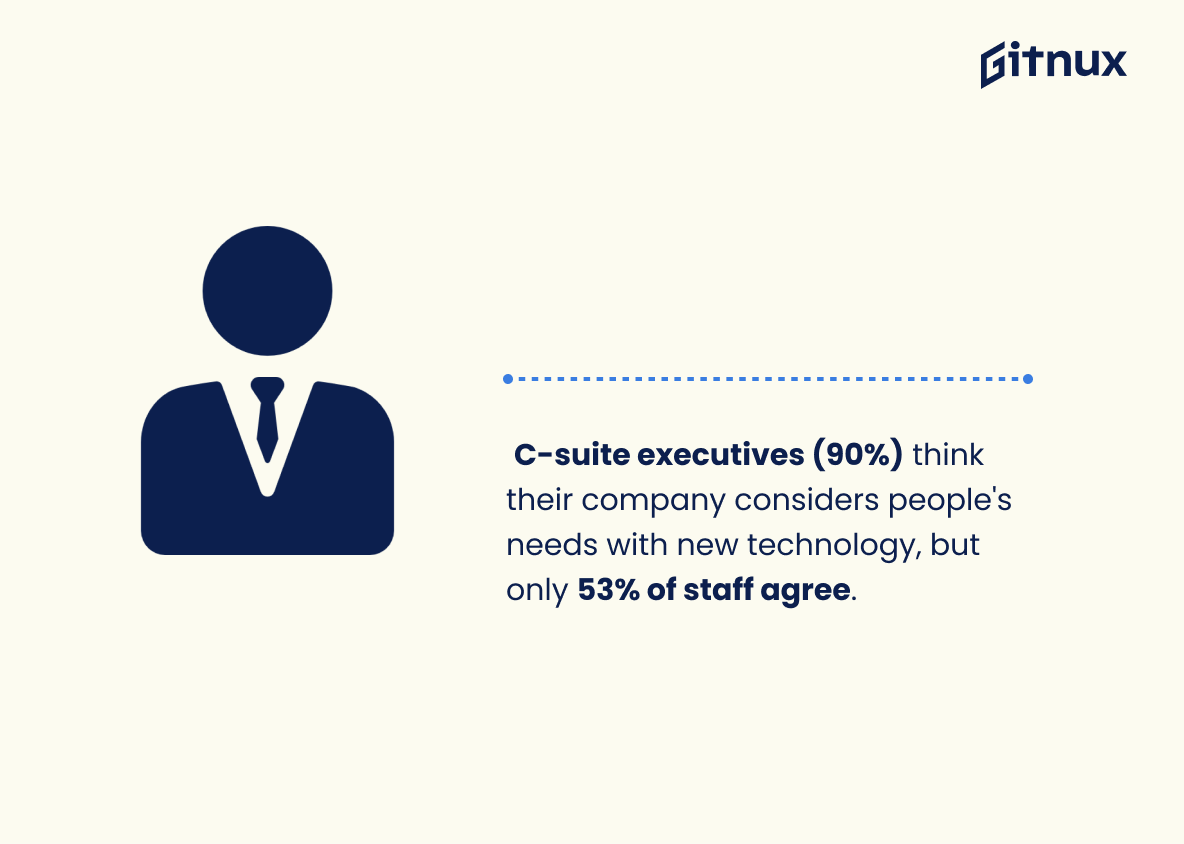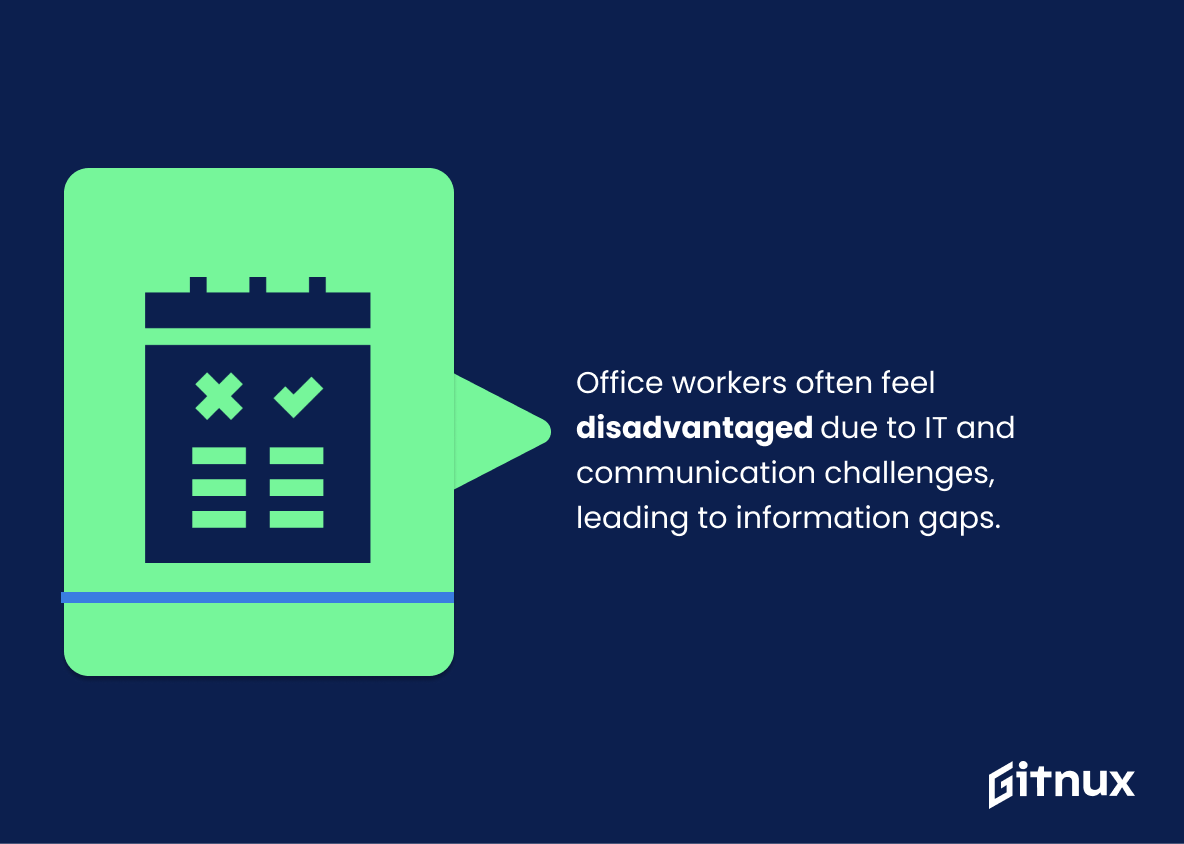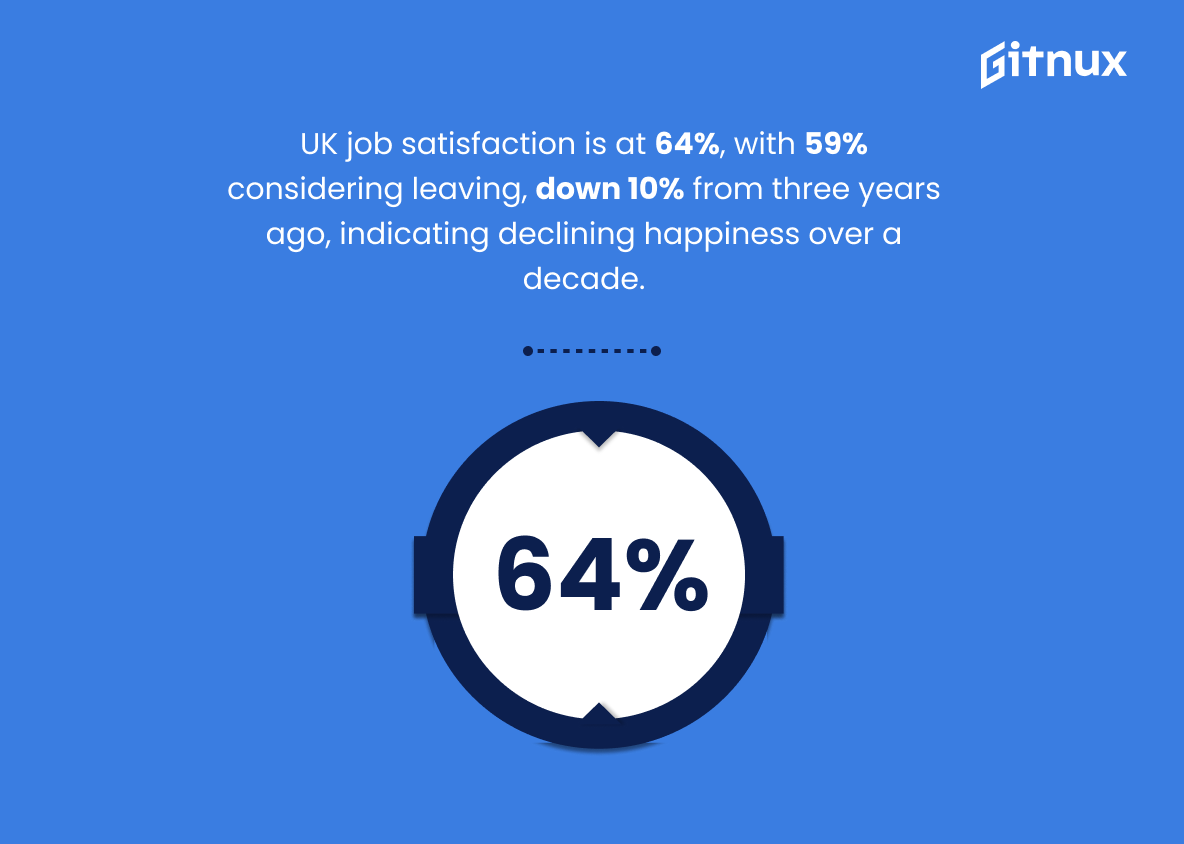Employee experience is an essential part of any successful business. It’s important to understand the current state of employee experience in order to make informed decisions about how to improve it. In this blog post, we’ll take a look at some of the latest employee experience statistics and what they mean for your business.
We’ll discuss the importance of employee experience, the impact of technology on employee experience, and how to create a positive employee experience. By the end of this post, you’ll have a better understanding of the current state of employee experience and how to use it to your advantage.
Employee Experience: The Most Important Statistics
25% of employees don’t feel appreciated and 47% feel overwhelmed at work.
Job satisfaction in the UK is low, with only 64% of employees happy in their current role and 59% considering leaving their jobs. This is a 10% decrease from three years ago, and suggests that employees are unhappier than they were a decade ago.
Employee Experience: Statistics Overview
The percentage of actively disengaged employees in the U.S. has increased from 14% in 2020 to 15% in 2021, with a decreased ratio of engaged to actively disengaged workers from 2.6-to-1 to 2.4-to-1.
Although employee engagement has remained steady, there is still much room for improvement. It is important to note that actively disengaged employees report miserable work experiences and are generally poorly managed, which can have a negative impact on the overall employee experience.
Additionally, 74% of actively disengaged workers in 2021 are either actively looking for new employment or watching for openings, which can lead to high turnover rates and further impact the employee experience.
49% of American workers are very satisfied with their current job, while 30% view it as just a job to get them by.
This highlights the need for employers to create a positive employee experience in order to increase job satisfaction and engagement. It also highlights the need to provide career development opportunities to employees in order to help them view their job as a career or a stepping stone to a career.
Startup employees are significantly happier than FAANG and MSFT employees, with over 30% more reporting satisfaction with their current role and over 50% satisfied with their total compensation and 75% satisfied with their work-life balance.
Employees are more satisfied in startup companies due to the opportunities for growth, development, recognition, and balance.
25% of employees don’t feel appreciated and 47% feel overwhelmed at work.
This highlights the need for employers to focus on performance management activities, such as providing clear expectations, resources, and career development opportunities, in order to keep employees engaged and satisfied.
This is especially important in today’s competitive job market, where employers must strive to create a positive and rewarding work environment in order to attract and retain top talent.
Remote work is leveling the employee experience, resulting in higher satisfaction, work-life balance, and productivity among historically underrepresented groups compared to white colleagues.
Remote work can be an equalizing force for employers to consider when it comes to optimizing employee experience.
Remote workers are happiest when they spend more than 76% of their time working remotely, and 82% of full-time remote workers are content with that amount of time.
Remote workers are happiest when they have the opportunity to work remotely most of the time, and that even those who work remotely less than 25% of the time would like to work remotely more often.
This suggests that employers should consider offering more remote work opportunities to their employees in order to improve their employee experience.
90% of C-suite executives believe their company pays attention to people’s needs when introducing new technology, but only 53% of staff agree.
This discrepancy in opinion between C-suite executives and staff is indicative of a disconnect between the two groups when it comes to technology and employee experience.
This highlights the importance of understanding the needs of employees when introducing new technology, as well as providing adequate resources for employees to learn how to use new technology.
The majority of office workers feel disadvantaged at work due to a lack of support from IT and difficulty managing communication channels, leading to a lack of important and useful information.
This has a negative impact on employee experience.
Job satisfaction in the UK is low, with only 64% of employees happy in their current role and 59% considering leaving their jobs. This is a 10% decrease from three years ago, and suggests that employees are unhappier than they were a decade ago.
This highlights the need for employers to prioritize employee satisfaction and wellbeing. Poor management, pay, and feeling undervalued are the main reasons for dissatisfaction, so employers should focus on creating an environment that values and rewards employees in order to improve job satisfaction.
63% of respondents prefer some amount of remote work, while only 15% prefer a permanent remote work situation.
The majority of employees prefer a hybrid work situation, which is important for employers to consider when creating their work policies. Additionally, it shows that employees are generally satisfied with their employers’ commitment to safety, manager check-ins, and productivity, which is a positive sign for employers.
Conclusion
Employee experience is a key factor in the success of any organization. Companies that prioritize employee experience are more likely to have higher employee engagement, better customer service, and increased productivity.
The statistics presented in this blog post demonstrate the importance of employee experience and the positive impact it can have on a company. Investing in employee experience is a smart business decision that can lead to long-term success.
References
1 – https://www.gallup.com/workplace/352949/employee-engagement-holds-steady-first-half-2021.aspx
2 – https://www.pewresearch.org/social-trends/2016/10/06/3-how-americans-view-their-jobs/
3 – https://angel.co/blog/over-60-of-employees-are-happy-at-startups-far-outpacing-faang-and-msft
4 – https://officevibe.com/blog/employee-experience-statistics
5 – https://www.1e.com/blogs/the-remote-employee-experience-make-remote-work-work-for-everyone/#:~:text=The%20research%20found%20that%20office,self%2Dreported%20boost%20to%20productivity.
6 – https://buffer.com/state-of-remote-work/2020
7 – https://www.pwc.com/us/en/services/consulting/library/consumer-intelligence-series/tech-at-work.html
8 – https://uk.insight.com/content/dam/insight-web/en_GB/learn/user-experience-report-2019/insight-user-experience-report.pdf
9 – https://thecircularboard.com/job-satisfaction-statistics/
10 – https://www.servicenow.com/content/dam/servicenow-assets/public/en-us/doc-type/resource-center/analyst-report/ar-employee-experience-imperative.pdf
ZipDo, cited June 2023: Employee Experience Statistics
